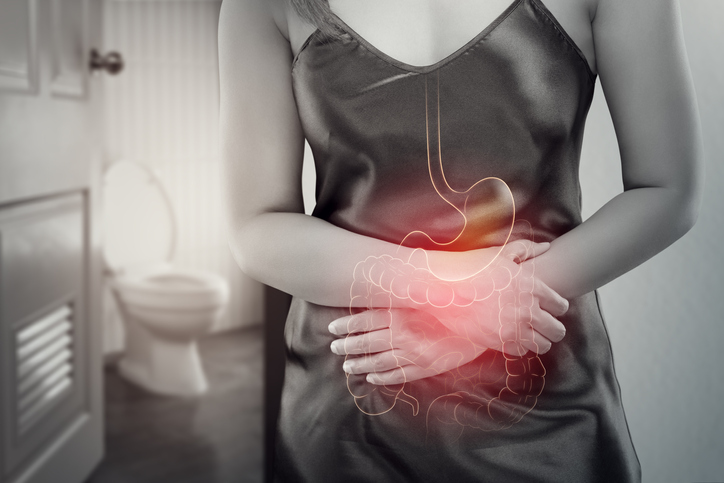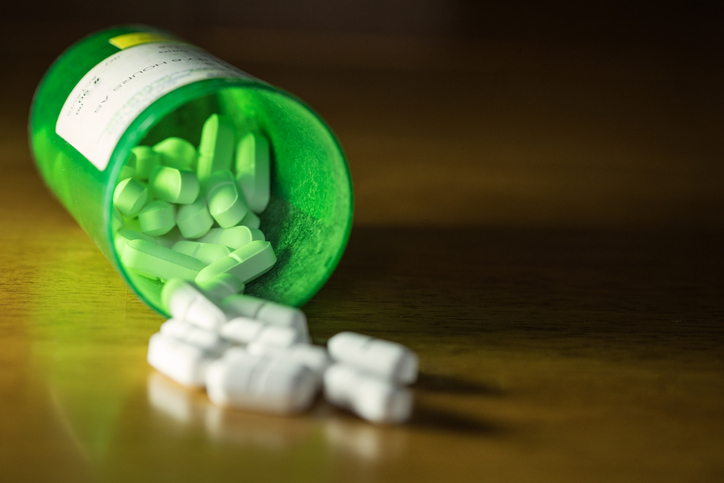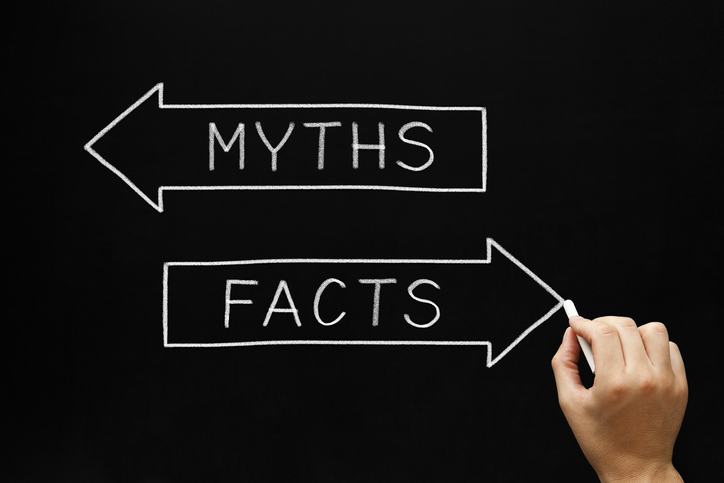Opioid Epidemic
4 Myths About Chronic Pain and Addiction
Source: WebMD, Cleveland Clinic, Pain News Network, Medscape, National Center for Biotechnology Information: U.S. National Library of Medicine: National Institutes of Health

8 people found this helpful
Print
Share
Save
Several myths surround chronic pain and the potential for addiction to opioids or other pain medications. These myths can create social stigma for individuals with chronic pain and also make it more difficult for them to receive adequate pain relief.
Four myths about chronic pain and addiction include the following:
- Myth: Individuals who take medications for chronic pain always become addicted to them.
Fact: Individuals who take pain medications as prescribed under the guidance of a physician rarely develop an addiction. This fact does not change even when pain medications are taken for a significant time period to treat chronic pain. - Myth: Individuals who take medications for chronic pain are more likely to use illicit substances.
Fact: Unfortunately, most people who use illicit opioids, such as heroin, have previously used prescription opioids or other pain medications. However, most people who are prescribed opioids for chronic pain do not go on to use heroin or other illicit substances. - Myth: It is better to be in pain than to risk addiction to pain medication.
Fact: Untreated or undertreated pain can cause needless suffering. It can lead to self-medicating in unhealthy ways, feelings of hopelessness, or even suicidal thoughts or behaviors. Untreated chronic pain can also negatively impact cardiovascular health, memory and cognitive processes, and sexual function. While individuals should not be careless with pain medications, they have the right to receive adequate pain relief. - Myth: If an individual needs more medication to control pain or experiences withdrawal symptoms without the medication, they are addicted.
Fact: Developing a tolerance to medication can occur even with medications that do not have addictive properties. Therefore, tolerance is not the same as addiction. Physical withdrawal occurs because of physical dependence, which is a symptom of addiction but can also occur independent of addiction. It’s important to note that addiction involves compulsive use of a substance despite the harm or negative consequences it causes.
















